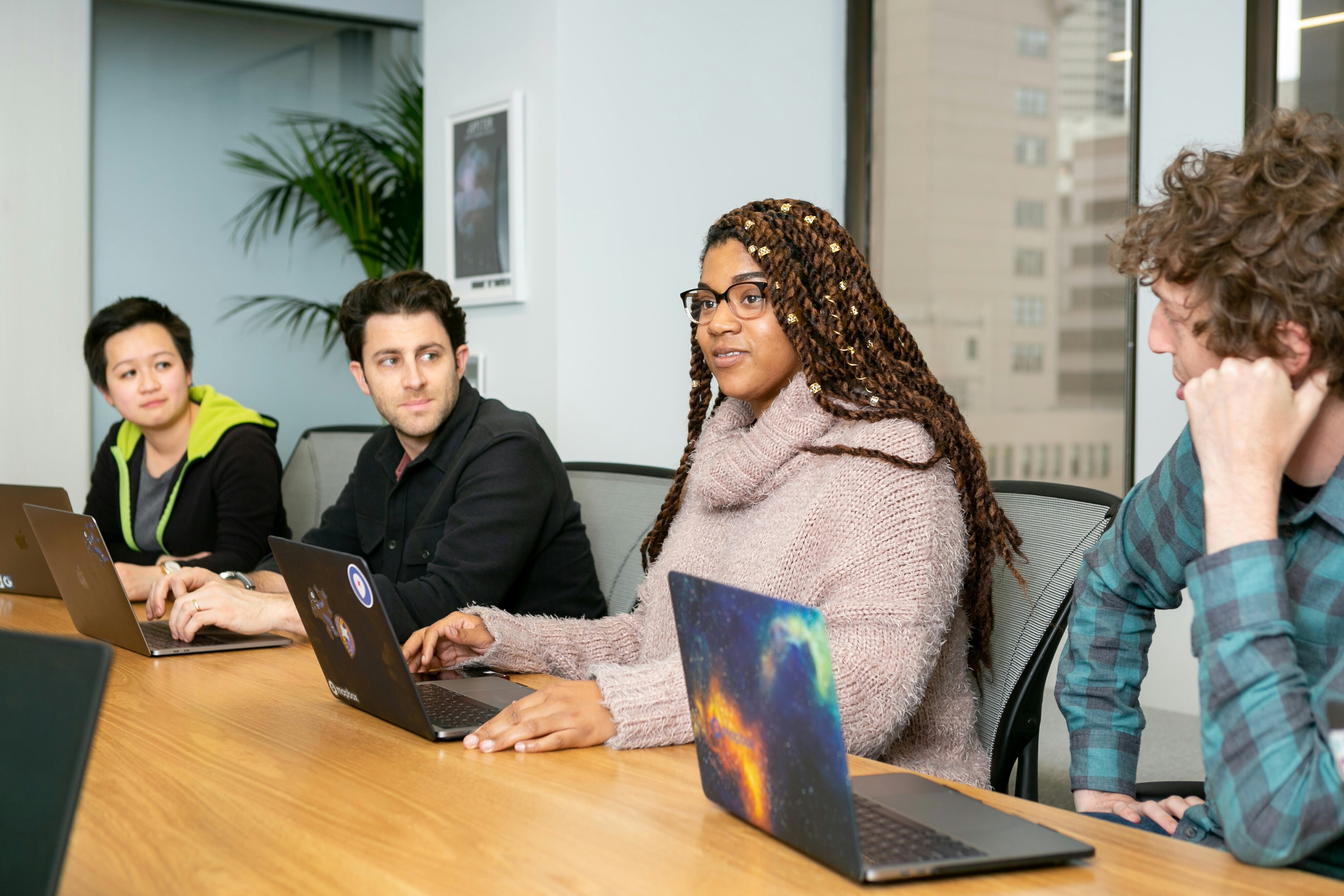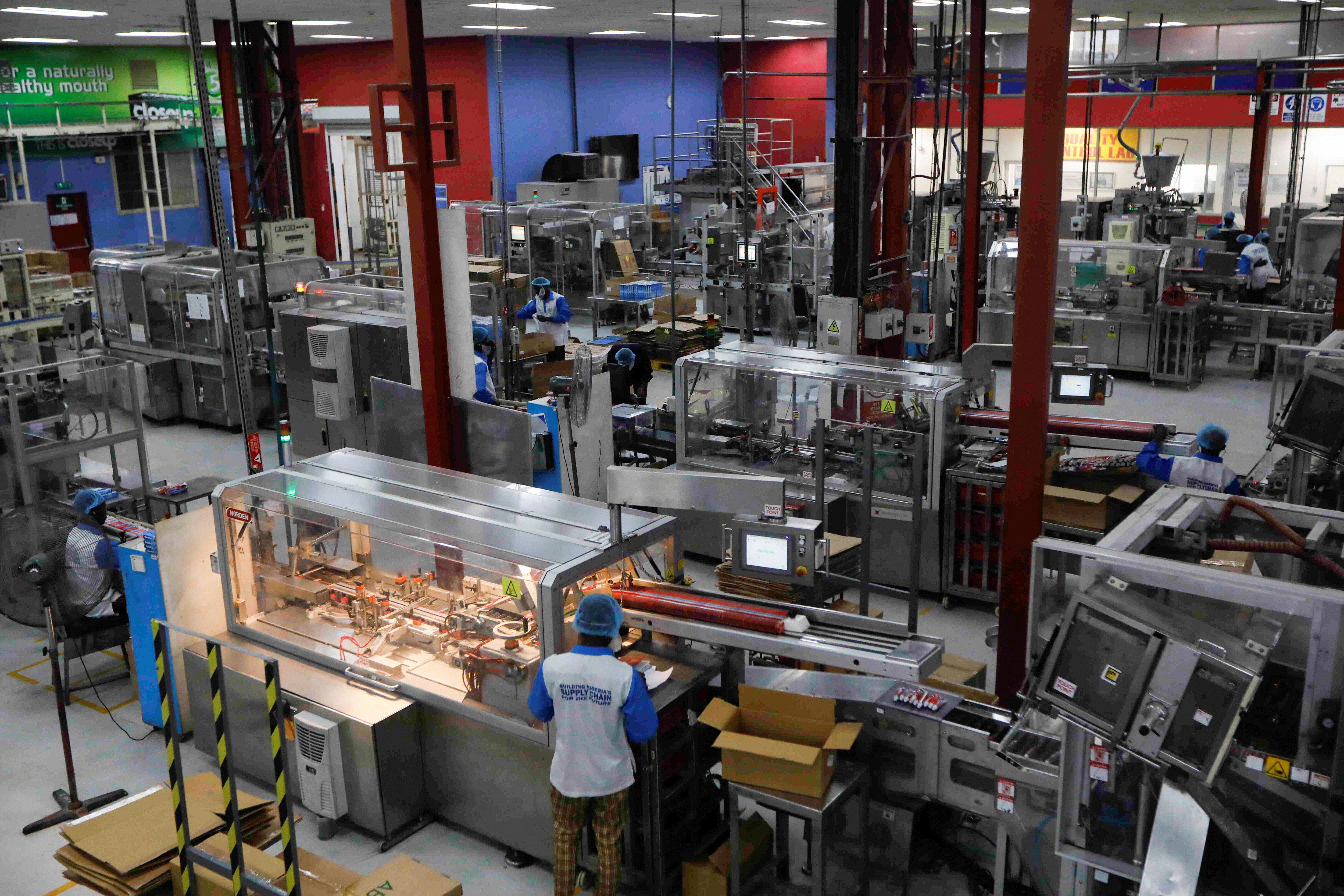Here's what 140 successful people had in common

According to Tim Ferriss, "meditation has a branding problem." Image: REUTERS/Andy Clark
Tim Ferriss has been on an especially introspective journey over the past year.
Continuing in the vein of his other work, he decided to share with his audience what he's learned along the way.
In the last 12 months, Ferriss had the 10-year anniversary of "The 4-Hour Workweek" (the book that made him famous), had a couple close friends die, gave a viral TED Talk largely about his struggle with depression, and turned 40.
As he told us for an episode of Business Insider's podcast "Success! How I Did It," compiling material for his new book "Tribe of Mentors" was as much for him as it was for his readers. After having 140 people at the top of their fields answer the same 11 questions, Ferriss was surprised by one finding.
"Despite the fact that these are people from tennis to surfing to cryptocurrency to fill-in-the-blank, like any field you can possibly imagine — some type of morning mindfulness or meditation practice would span I'd say 90% of the respondents."
There's no denying that "mindfulness" (a type of meditation) is a buzzword and meditation a trend in business right now, but that doesn't mean that you should write them off, Ferriss explained.
"Meditation has a branding problem," he said. "A lot of people would think of yoga instructors playing didgeridoos, swinging dream-catchers over their heads — and they wouldn't be entirely wrong in a lot of cases."
But at the heart of it, meditation is a simple practice that is about training the mind's control over its emotions.
"So meditation, or mindfulness practice, it's really about, to me, decreasing emotional reactivity so you can proactively create your day and create your life; versus, just being a walking reflex that sometimes screws up," Ferriss said.
He meditates every morning for 20 minutes, followed by a two-minute decompression period, using one of the styles he's learned: Transcendental Meditation (TM), Vipassana Meditation, or a guided meditation from the app Headspace. [Headspace sponsors Ferriss' podcast, but we can vouch for its effectiveness.]
The forms of meditation that have lately caught on in Wall Street and Silicon Valley are typically lightly secularized versions of ancient Hindu or Buddhist practices designed to create an inner peace through connection with God and creation.
The pure forms of these practices may scare away non-believers or practitioners of other faiths, but a major draw to the secular versions has been a large accumulation of scientific evidence that meditation has a tangible positive effect on the amygdala, the part of the brain responsible for emotions, fight or flight responses, and memory. The National Institutes of Health and the American Heart Association have both concluded that daily meditation can lower a patient's blood pressure and stress levels.
What's interesting is that there's very little difference between religious and secular meditation. For example, Headspace has guided visualization exercises in which the listener imagines a beam of light flowing through them and out to loved ones and strangers — that's identical to a Buddhist compassion exercise. In TM, meditators repeat a meaningless mantra in their mind with the aim of feeling a transcendence over their thoughts — a practicing Hindu would use a meaningful mantra to achieve the same feeling. The differences are simply presentation and the lens through which someone chooses to view their experience.
Regardless of how one chooses to meditate, there is proof that it's like a workout for building the skill of emotional control, and that in turn is a valuable skill to have when you're a high performer in any field.
As soon as he realized this, Ferriss said, "it reinforced the need for me ... to do the same."
Don't miss any update on this topic
Create a free account and access your personalized content collection with our latest publications and analyses.
License and Republishing
World Economic Forum articles may be republished in accordance with the Creative Commons Attribution-NonCommercial-NoDerivatives 4.0 International Public License, and in accordance with our Terms of Use.
The views expressed in this article are those of the author alone and not the World Economic Forum.
Stay up to date:
Future of Work
Forum Stories newsletter
Bringing you weekly curated insights and analysis on the global issues that matter.
More on Jobs and the Future of WorkSee all
Naoko Tochibayashi
December 19, 2025






